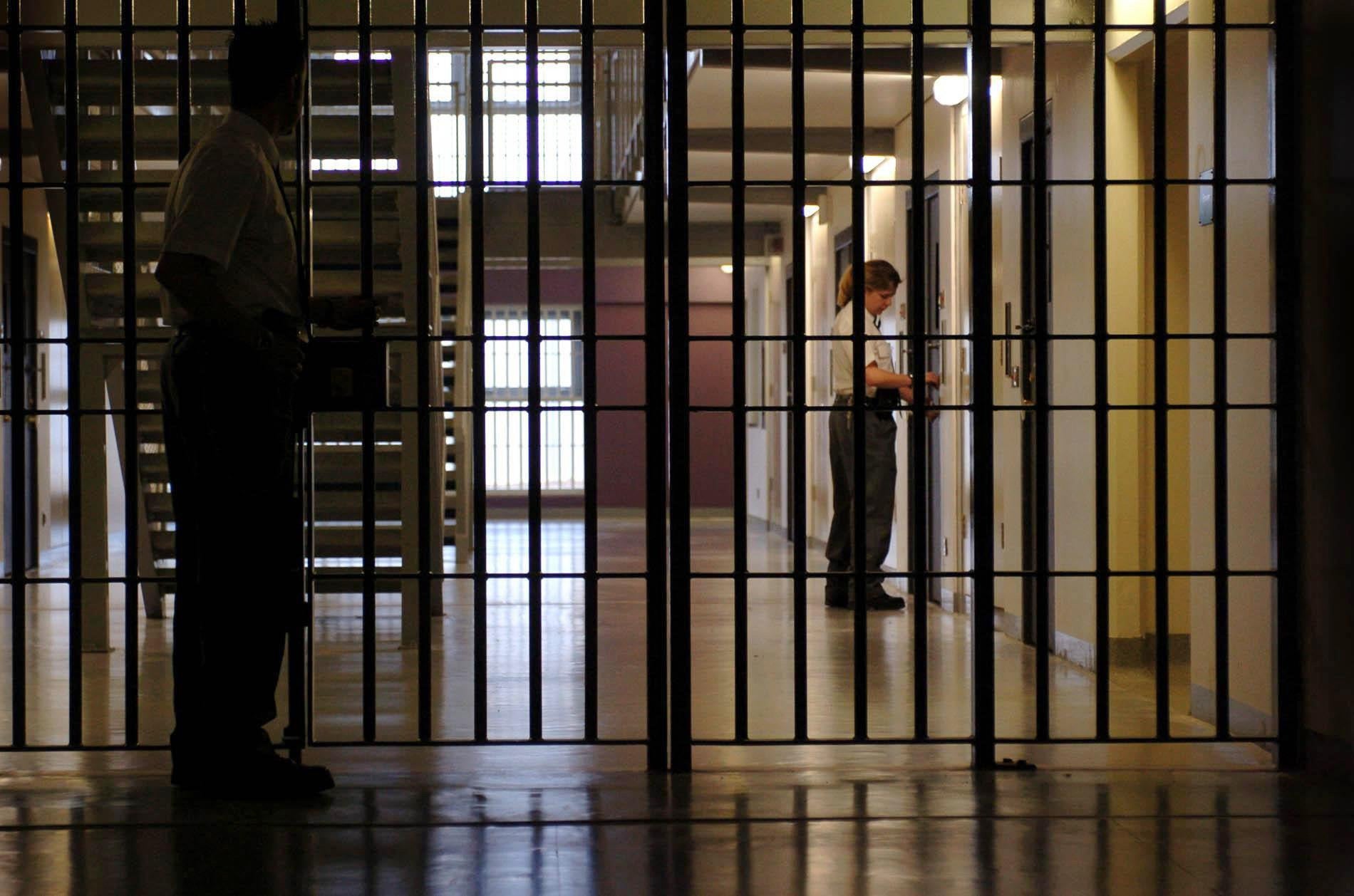Safety of women prisoners rated worst in a decade, report finds
Calls for ‘turning point’ in approach towards female imprisonment after watchdog finds surging levels of self-harm and use of force and ‘uncaring and often punitive’ treatment towards inmates

Your support helps us to tell the story
From reproductive rights to climate change to Big Tech, The Independent is on the ground when the story is developing. Whether it's investigating the financials of Elon Musk's pro-Trump PAC or producing our latest documentary, 'The A Word', which shines a light on the American women fighting for reproductive rights, we know how important it is to parse out the facts from the messaging.
At such a critical moment in US history, we need reporters on the ground. Your donation allows us to keep sending journalists to speak to both sides of the story.
The Independent is trusted by Americans across the entire political spectrum. And unlike many other quality news outlets, we choose not to lock Americans out of our reporting and analysis with paywalls. We believe quality journalism should be available to everyone, paid for by those who can afford it.
Your support makes all the difference.The safety of women prisoners has been judged by the watchdog to be at the lowest point it has been in a decade, prompting calls for a “turning point” in the government’s approach to women in jail.
The Prison Inspectorate found that the treatment of female inmates at HMP and YOI Foston Hall in Derbyshire was “uncaring and often punitive”, with use of force and self-harm among women there having surged in recent years.
The jail was given the lowest safety score possible to a woman’s prison for the first time since the current framework of prison assessments was developed over a decade ago – which inspectors said was a “rare and unexpected finding”.
Women were making 1,000 calls a month to the Samaritans but the prison had no strategy to reduce self-harm or improve the care for those in crisis.
Messages left on the prison’s crisis hotline had not been checked for six weeks and women had not had access to Listeners – prisoners trained by the Samaritans – since March 2020.
The use of force by staff had doubled since the last inspection and was the highest in the women’s estate, while levels of self-harm were the highest in the women’s estate. Two women had taken their own lives since 2019.
“Neither the prison’s assessment of vulnerability, nor the support offered to newly arrived women were good enough,” the report states.
“The unpredictability of the regime was contributing to tensions on the wings and, we suspected, increased violence, particularly against staff. Violence was now very high.”
Chief inspectorate Charlie Taylor said: “The response to women in crisis was too reactive, uncaring and often punitive… It was no surprise that in our survey nearly a third of women told us they felt unsafe.”
Andrea Coomber, chief executive of the Howard League for Penal Reform, said the “shocking” report ought to be a “turning point” for the government’s approach to women in jail, describing it as a “massive indictment of the failure to act to keep women safe”.
Chief executive of Women in Prison Dr Kate Paradine echoed her concerns, saying the findings served as a “stark reminder that prisons will never be safe”.
“The government’s solution is to shut its eyes and instead plan 500 new women’s prison places, but we cannot continue to ignore this suffering,” she added.
“There is another way - the government can and must divert the money set aside for new prison places to invest in community solutions, like women centres, instead.”
Based on analysis of five recent inspections of women’s prisons reports, the inspectorate said that far more women than men reported mental health problems on arrival and almost double the number of women than men felt suicidal.
Self-harm was much more common for women in prison than men and had increased during the pandemic to record levels. In some months during the Covid restrictions, the rate of self-harm for women was seven times higher than for men.
Inspectors said the better models of care they saw were underpinned by targeted support for women who self-harmed regularly, based on meaningful day-to-day engagement, proactive care to help women avoid getting into crisis in the first place and providing support for their complex needs.
Prisons minister Victoria Atkins said: “While we needed to take decisive action to protect prisoners and staff during the pandemic, the issues highlighted by the inspection at HMP Foston Hall are not acceptable and we have put in place more senior staff and created a new safety team to address them rapidly.
“Across the wider women’s prison estate, our staff have worked hard to ensure women receive extra support to deal with mental health issues during the pandemic, overseen by a taskforce at national level, and we are starting to see a decrease in the number of self-harm incidents across the estate.”



Join our commenting forum
Join thought-provoking conversations, follow other Independent readers and see their replies
Comments